Professor Dame Elizabeth Anionwu DBE, CBE, FRCN, PhD is the Emeritus Professor of Nursing at the University of West London (UWL).
Elizabeth was the first UK sickle cell/thalassemia nurse counselor and helped establish the Brent Sickle Cell and Thalassemia Counselling Centre in 1979. Elizabeth has spent her life as a nurse and a tutor, working with black and minority communities in London. She has received a fellowship from the Royal College of Nursing and been named one of the 70 most influential nurses and midwives in the history of the NHS.
Elizabeth was born in Birmingham in 1947 to an Irish Catholic mother and a Nigerian father who were both students at Cambridge University. Born out of wedlock Elizabeth had a tough childhood living in children’s homes for the first 9 years of her life. At 16 she became a school nurse assistant and at 18 started her training in London. In the 1970s Dame Elizabeth became a health visitor in Brent, London and had her first encounter with sickle cell anemia – a painful disease found mostly in African and Caribbean families – which at the time was often overlooked.
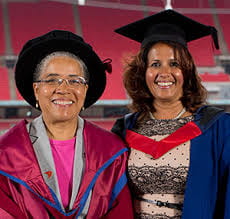
Prof. Dame Elizabeth Anionwu and Charmagne Barnes, Associate Pro Vice Chancellor and Dean of the College of Nursing, Midwifery and Healthcare (UWL)
Elizabeth lived in Acton for 48 years and taught nursing at the University of West London. She founded the Mary Seacole Centre for Nursing Practice and prior to retirement in 2007 Elizabeth was University’s Dean of the School of Adult Nursing Studies.
Elizabeth was the vice-chairperson of the successful Mary Seacole memorial statue appeal and helped to raise £750,000 towards the statue which was unveiled in 2016 at St Thomas’s Hospital, London (Jamaican Mary Seacole treated British soldiers on the battlefield in the Crimean War). Elizabeth received the British Journal of Nursing Lifetime Achievement Award in March 2018, along with many other accolades throughout her career.
Dame Anionwu has written and contributed towards many important works in the field of nursing and sickle cell anemia. Elizabeth’s memoirs ‘Mixed Blessings from a Cambridge Union’ were published in 2016 (a copy is available at UWL’s Paul Hamlyn Library in Ealing and the Berkshire Institute for Health ref. 610.73092/ANI)
https://www.uwl.ac.uk/academic-schools/nursing-midwifery/professor-dame-elizabeth-anionwu
www.elizabethawionwu.co.uk
https://www.england.nhs.uk/atnhs/curator-archive/professor-dame-elizabeth-nneka-anionwu/
UWL Archives
UWL archives hold some interesting collections of photos of nurses from the 1960s and 1970s within materials from the Wolfson School of Nursing, Westminster as well as various nursing medals from former Reading and Berkshire nursing institutions. For more information contact library@uwl.ac.uk. Here is an example of some of the images mentioned:
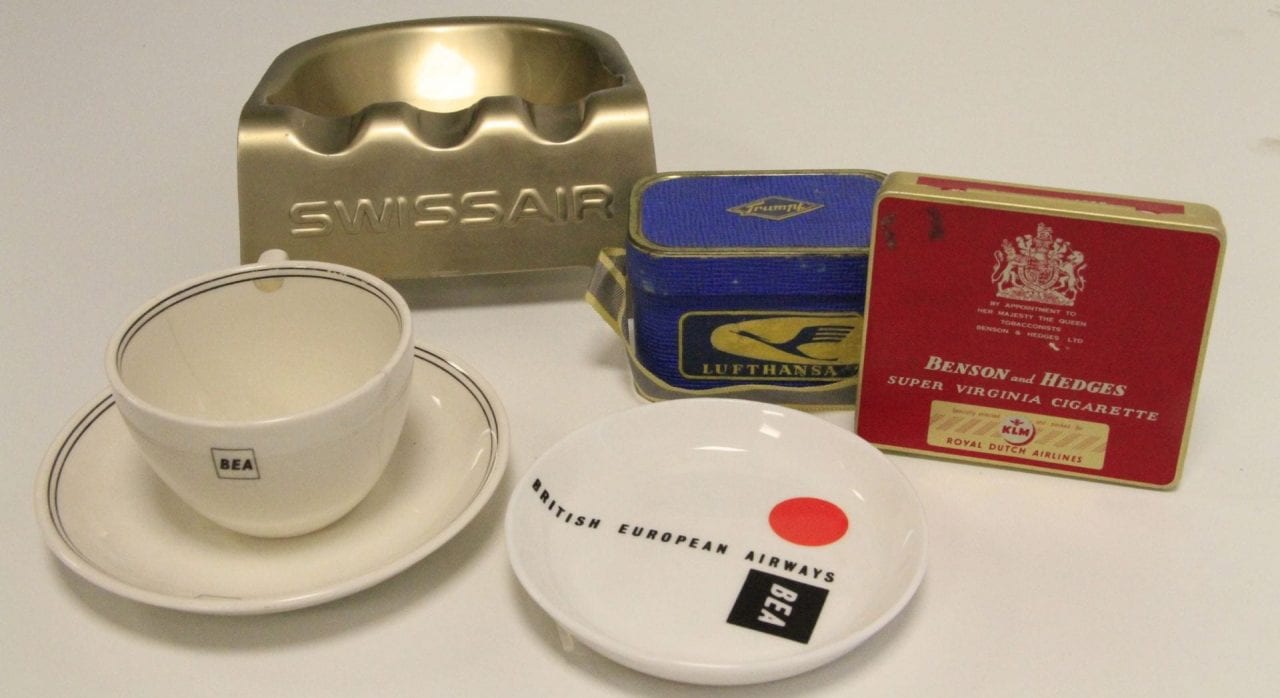
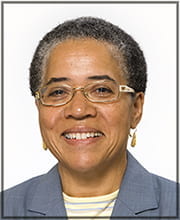
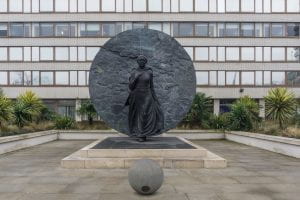
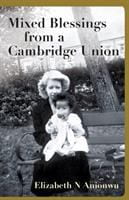
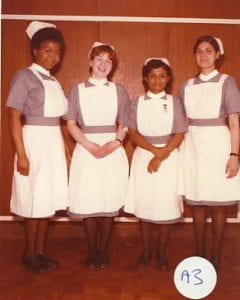
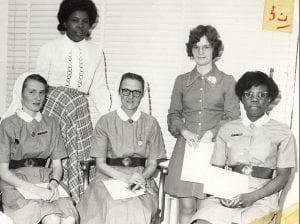
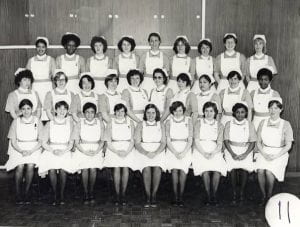
Pingback: 10 Black female scientists everyone should know about - NewsLive
Hi there, the link does not appear to work and leads to spam, is it possible to resend it to approve? thanks, Anne-Marie Purcell, archivist.
Pingback: 10 Black Scientists You Should Learn About – One Stop Science